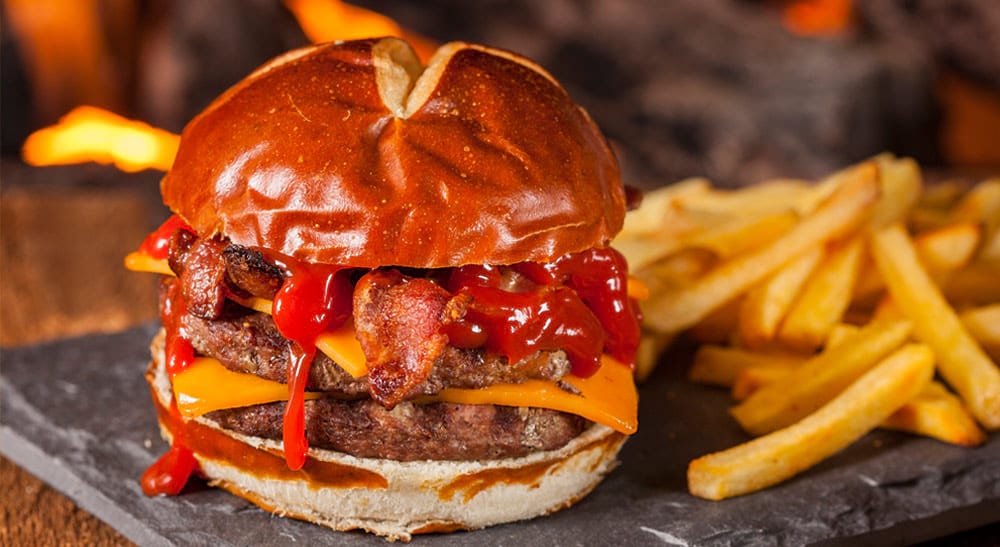By Brooke Dragon | Published on August 11, 2017
Cheat meals are super important when it comes to losing body fat, both mentally and physically. It gives you the freedom to have a night out with the girls, go on a dinner date, or have that cake you’ve been eyeing all night at your uncle’s birthday party.
This is because weekly cheat meals work with your hormones to increase your metabolic rate, reduce cravings, and utilize more fuel for energy than if you didn’t take a cheat meal at all. Â
Let’s first understand the science behind cheat meals. There are two hormones, leptin and ghrelin, that I like to call the “hunger hormones.â€
Leptin is a hormone that communicates with the brain to control your hunger and satiety levels as well as your metabolic rate. After eating a satisfying meal, your leptin levels increase. When elevated, leptin signals to the brain that you are full and to start utilizing the food you just consumed as fuel for the body. When a person is in a caloric deficit, leptin levels drop and signals to your brain that you’re hungry. Your metabolic rate then decreases as your body doesn’t have a large number of calories to work through (hence the calorie deficit).
Let’s say you’re in a calorie deficit from Monday to Saturday. During this period of time, your leptin levels are relatively low and you are probably experiencing slight hunger and cravings. It is finally Sunday – cheat day!
When you consume your cheat meal (which I define as a meal that brings your daily calorie intake into a surplus), your leptin levels spike up. Increased leptin will signal to the brain that you’re satisfied and will squash any cravings you may have been previously experiencing – not to mention you will probably be in a better mood after crushing your favorite dish. It’ll also signal to your body to start utilizing those calories as fuel rather than storing them as fat.
– RELATED: Cheat Day: M&M Cake Jars Recipe –
Ghrelin is produced by the stomach and released when the stomach is empty – hence that midday hunger pang when you miss lunch. It stimulates your appetite and signals to your body that you’re hungry and ready for a meal. When you are in a calorie deficit, ghrelin levels are high. This is why we are usually hungry while on a strict meal plan. After a cheat meal is consumed and the stomach is full, ghrelin levels decrease and hunger is at bay for at least a day or two.Â
So, what does a cheat meal actually look like? You decide! My personal favorite is a bacon cheeseburger and sweet potato fries. As long as your cheat meal is limited to one meal a week, then you will still illicit the same metabolic responses in regards to leptin and ghrelin.
For someone who never takes cheat meals, dieting is a disaster: always in a calorie deficit, never feeling satisfied, and metabolic rate is dropping off. This person will only see a real change if they continue to cut their calories or increase their training.
It’s only a matter of time before they eat far too little and exercise way too much. For a person who enjoys weekly cheat meals, the metabolism is in much better shape as they are giving it a calculated spike every week. This prevents the metabolism from falling to baseline levels. Metabolic health is first and foremost important when it comes to losing body fat.

